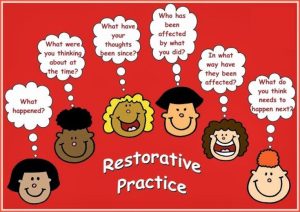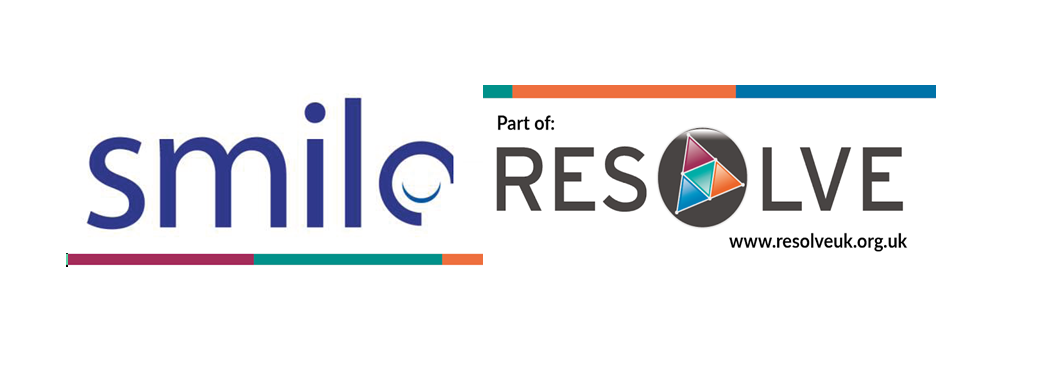Smile provides a range of mediation services – Community, Family, Workplace and Restorative Approaches.
 What is hate crime?
What is hate crime?
A hate crime is defined as “any criminal offence which is perceived, by the victim or any other person, to be motivated by a hostility or prejudice” based on one of five categories: religion, faith or belief; race, ethnicity or nationality; sexual orientation; disability; or gender identity. Source: Crown Prosecution
Latest Home Office statistics show an increase of 26% in the number of Hate Crime offences committed to March 2022; that’s 155, 841 recorded crimes committed due to hostility around race, religion, sexual orientation, disability or gender identity.
Smile’s unique, empathic Hate Crime programme challenges the offenders of hate crime, helping the perpetrator understand the impact of their actions which can be wide ranging and reducing the likelihood of repeat offending*. Through the Restorative Justice process, the programme also offers the victim the opportunity to describe the impact the crime has had on their lives.
About Smile’s Hate Crime programme:
- Suitable for adults and young people – shorter sessions appropriate for young people (aged 12+)
- An intensive and interactive workshop-style approach – two mediators work with one offender
- An empathy-based programme that challenges attitudes/behaviours and can prevent repeat offending
- Available even when the victim is not willing to meet with the offender via RJ
- Reduces risk of further harm to the victim should RJ be appropriate and the victim willing to meet the offender
- Anyone engaging with the programme who subsequently reoffends can expect to receive a ‘harsher’ sentence
